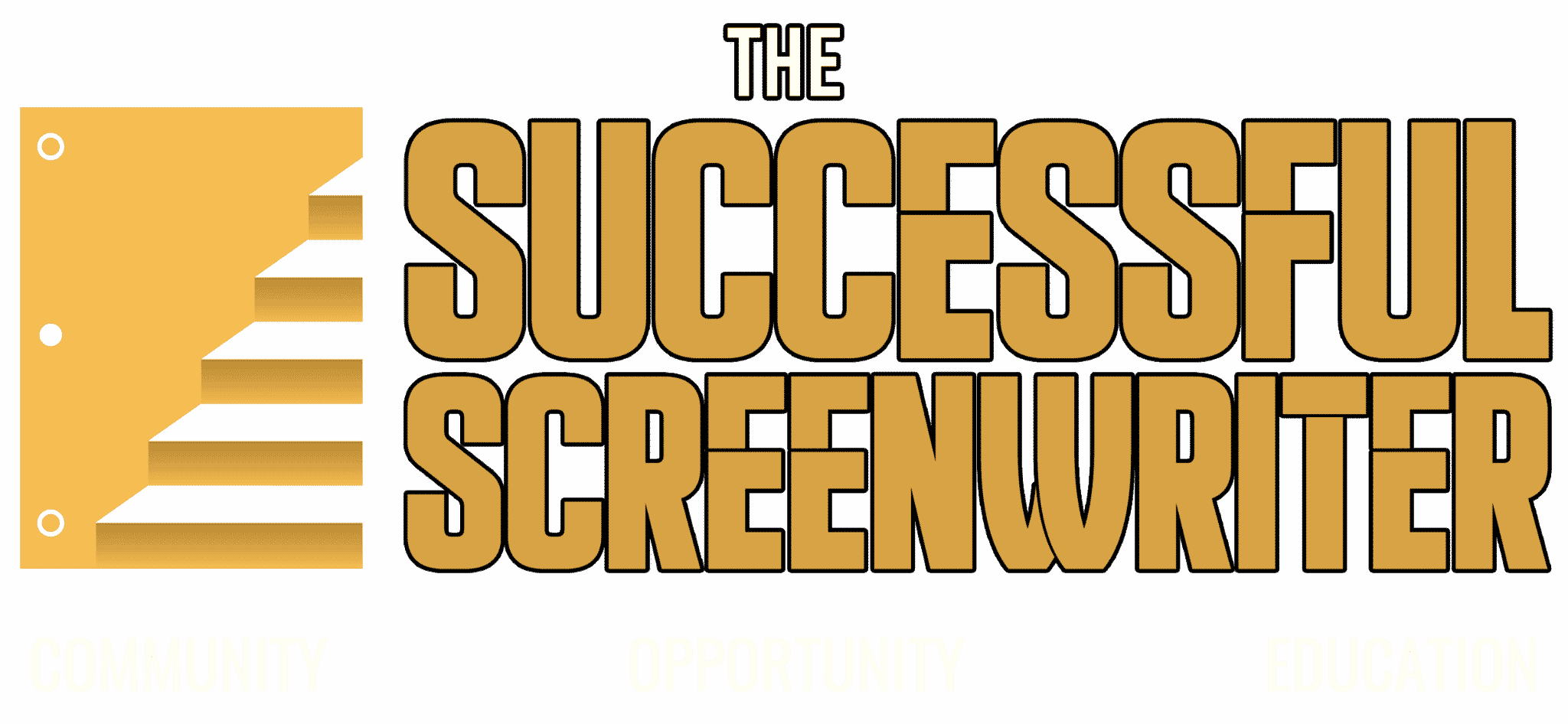
Most screenplays get a pass based on their first ten pages. It’s a disheartening fact, but a little knowledge can help you bullet-proof your script for a longer read.
Why do producers make what appears to be a snap decision? One word: Time.
If you had 100 scripts to read over a weekend, how much time could you give to each one? Thing is…any reader with a virtual stack of scripts to get through is looking for an easy way to pass. The quicker they can eliminate a contender, they can move on to the next one. So, let’s look at what’s on the list for an easy, quick pass—from the producer’s point-of-view.
Reasons to Pass Due to Company’s Requirements:
• Script does not fit the genre or genre hybrid. Your reader knows what kind of screenplay they need. Their wish list can change all the time, so it’s not like you can stay on top of this one. However, you can get a clue based on what they’ve produced in the past or any online interviews they’ve given.
• Script does not fit the budget. Can be too expensive or too contained. Believe it or not, contained isn’t a magic work for all producers. Some producers think contained scripts spend too much on how the action is contained and that it hinders the storytelling.
• Script does not fit desired acting roles. Can be any reason from not fitting a name actor they have in mind to being too slanted to a certain age/gender outside of their target audience.
• Script does not fit a desirable location. This could also tie into the budget, but some producers/talent have pet peeves with certain locations and will automatically pass. I called in some favors once and got my script into the hands of a big actor. My Vegas-based script had a great part for him. But he’d filmed in Vegas once and hated it. He never wanted to film in Sin City again. But he complimented me on a great script. (Yes, I’m still bitter.)
You can probably work around some of the above issues with good research; however, the majority of them could be out of your control. You should still understand that all of the above are reasons for a pass, whether you can do anything about them or not.
Below are reasons that you have more control over. They are based on someone reading your first ten pages or less.
Reasons to Pass Due to Script Readiness:
• Script is confusing. This can happen for many reasons. Here’s a couple of the most common:
◦ Character confusion—too many at once or not fully introduced.
◦ Jarring scene jumps that lack transitions.
◦ Secondary storylines take over.
• Dated. If the script is somehow dated, and it’s not supposed to be a period piece.
• Groaning reaction. If anything in a script pulls a reader out of the storyline, and either makes them groan or roll their eyes, it’s a pass. This usually happens with dialogue.
• Wrong Medium. Sometimes a producer thinks your feature script should be a television script, or vice versa. If they aren’t looking for both, then it’s a pass.
• Meh. Something has to excite the reader. I’m attracted to opening scenes that I know my executive producer will love. (Unique action that builds tension!) Whatever the source, something needs to come off that page and keep the reader reading. No one will go into production on a script if they aren’t passionate about it.
• Script fixes. If the reader’s mental tally of needed fixes gets too high, while they are still reading Act One, it’s a pass. Too many needed changes in Act One hint of a similar number needed in every other act. It means the script is even not close to being production ready, or able to send out to distributors for funding or talent for attachments. Very few producers will take on a project that needs months of development—just for the script. They might as well create a concept in-house and start from scratch, instead of putting time into fixing a script with a screenwriter they’ve never worked with before.
Let me leave you with a few simple guidelines:
Do some research! Avoid blasting your screenplay to any producer, manager, agent or actor in the industry. One script will not meet everyone’s needs. It makes no sense to get your hopes up, when a little research could make it obvious that you’ll probably get a pass.
Proofread! This should be a given, but also take another look at your first ten to twenty pages. Based on the above points, do you see any reasons that someone would pass?
Don’t send out a script before it is ready! It’s very tempting to pitch your script and/or send out your script as soon as you type Fade Out; however, take the time to get feedback from someone you trust. It doesn’t have to be a paid service—although We Fix Script is pretty good at that—but it does have to be from a source that understands screenwriting and your given genre.
If you’d like to know more about Ann Kimbrough’s insights in screenwriting, you can visit her website where she shares screenwriting news links and personal industry experiences. Visit www.screenwritersdailydose.com.
BECOME A MEMBER & GET ACCESS TO:
- Screenwriting Courses
- Free Hollywood Screenplays to download
- Free Instructional Videos
- Uncut interviews with Industry Screenwriters
Sponsors
- The Guide For Ever Screenwriter – (Paperback) (Free Ebook)
- We Fix Your Script – (Free Consultation)
- Script Summit Screenplay Contest – (Early Bird Submission)
Keep in touch with The Successful Screenwriter
Facebook – The Successful Screenwriter
Twitter – @screenwriterpod
Instagram – @thesuccessfulscreenwriter
Youtube – The Successful Screenwriter
CHECK OUT OUR COMFY SWAG

Screenwriting, Coverage, Pass, Recommend, Consider, Screenwriter, Script Notes, Screenplay, Script, How to Avoid a Pass on my Script

